14 GPTs for Literature Education Powered by AI for Free of 2025
AI GPTs for Literature Education are advanced tools leveraging Generative Pre-trained Transformers technology, specifically crafted or adapted for literary education purposes. These tools are adept at understanding, generating, and manipulating text in the context of literature, making them invaluable for tasks ranging from literary analysis to creative writing assistance. They play a pivotal role in offering customized, intelligent solutions that cater to various aspects of literature education, thereby enhancing learning experiences and outcomes.
Top 10 GPTs for Literature Education are: 汉文学大师,Story Remaker,달무리,唐僧模拟器,Heroic Poetry Bard,Literary Professor,Victorian Zombie Twister,Severus Snape,DJ Lit - Literary Rapmaster,Sherlock Holmes: Adventure of the Blanched Soldier
汉文学大师
Mastering Chinese Literature with AI
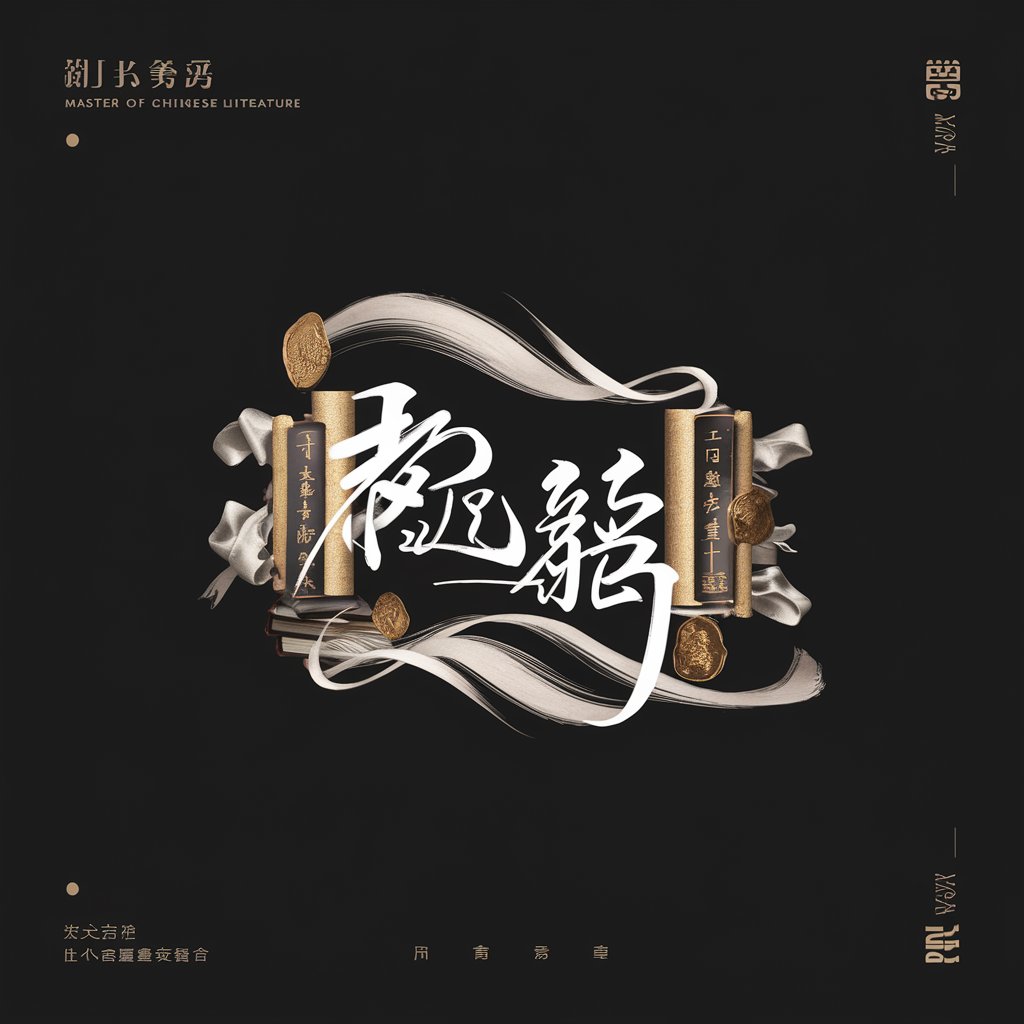
Story Remaker
Reshape Narratives with AI-Powered Creativity
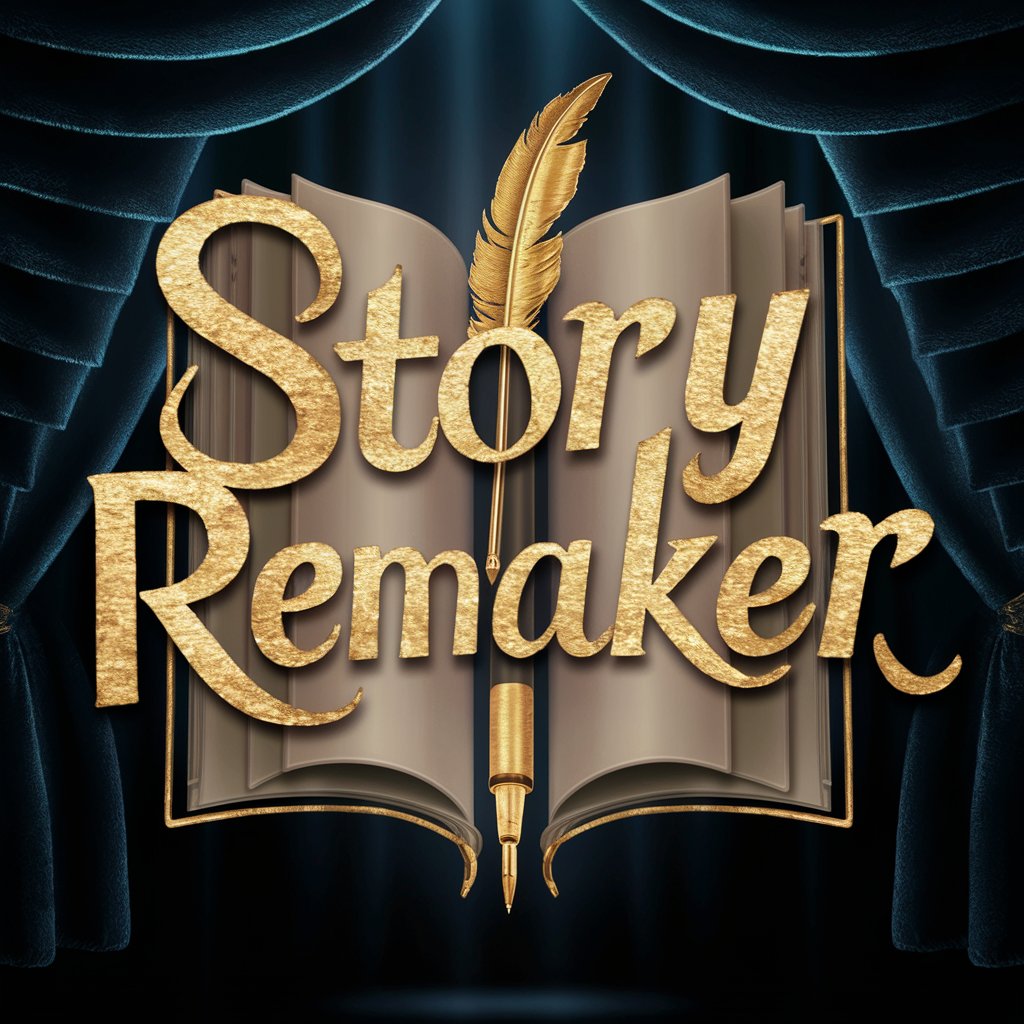
달무리
Your Personal AI Poet
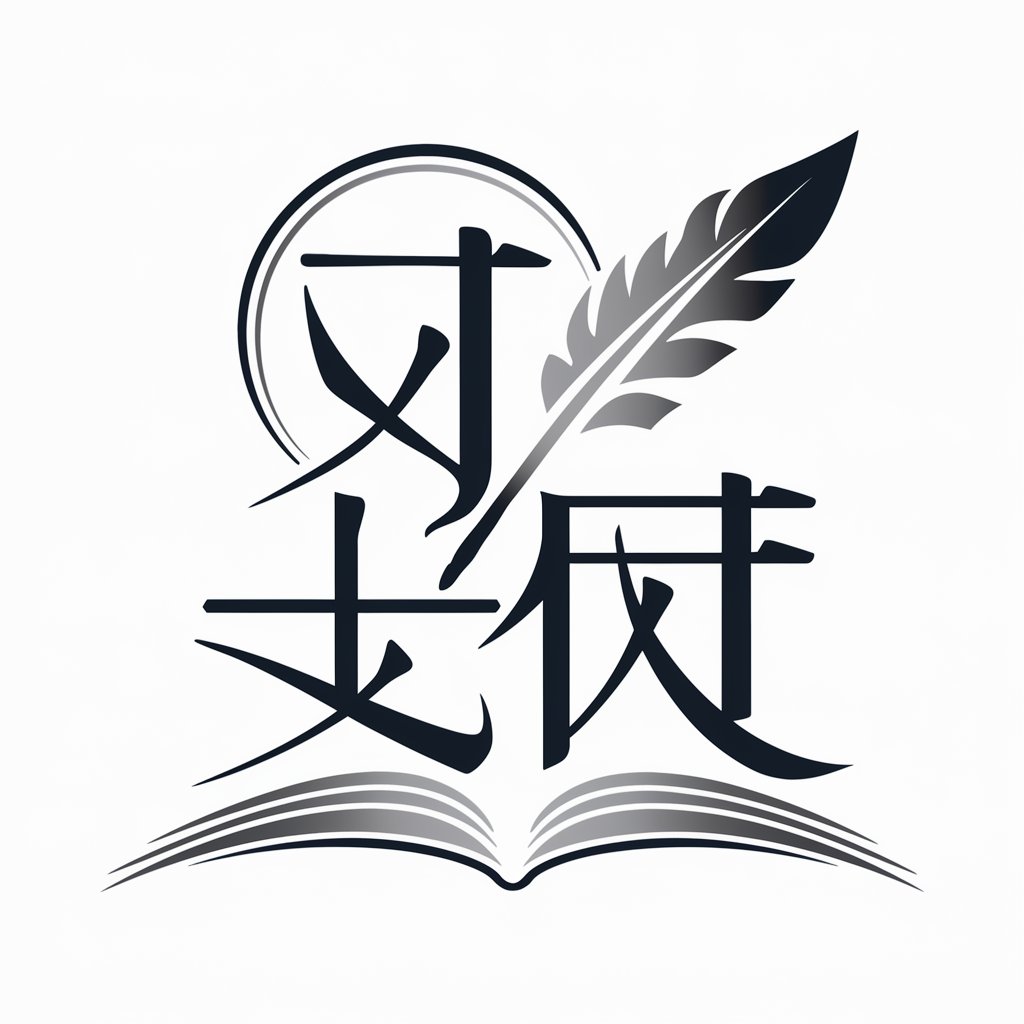
唐僧模拟器
Embrace ancient wisdom with AI
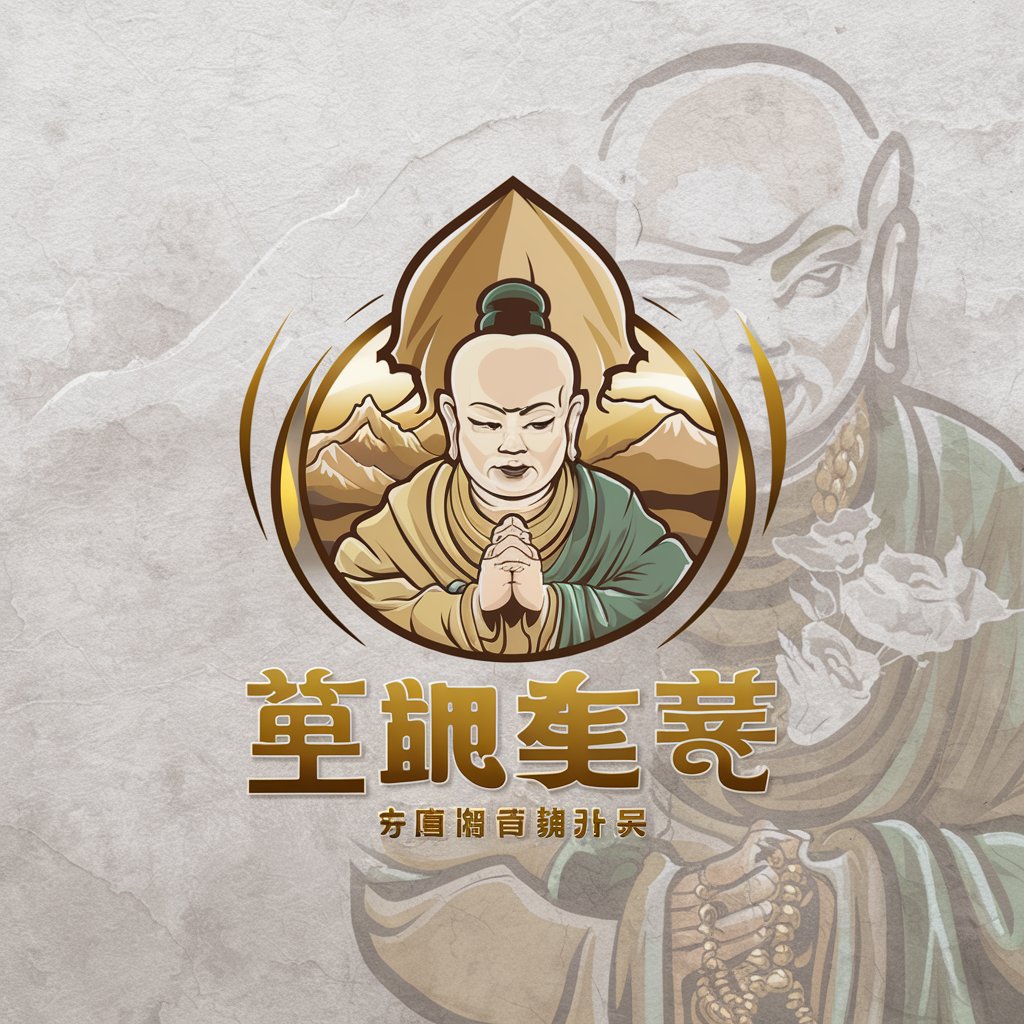
Heroic Poetry Bard
Reviving Norse myths with AI-powered verse.
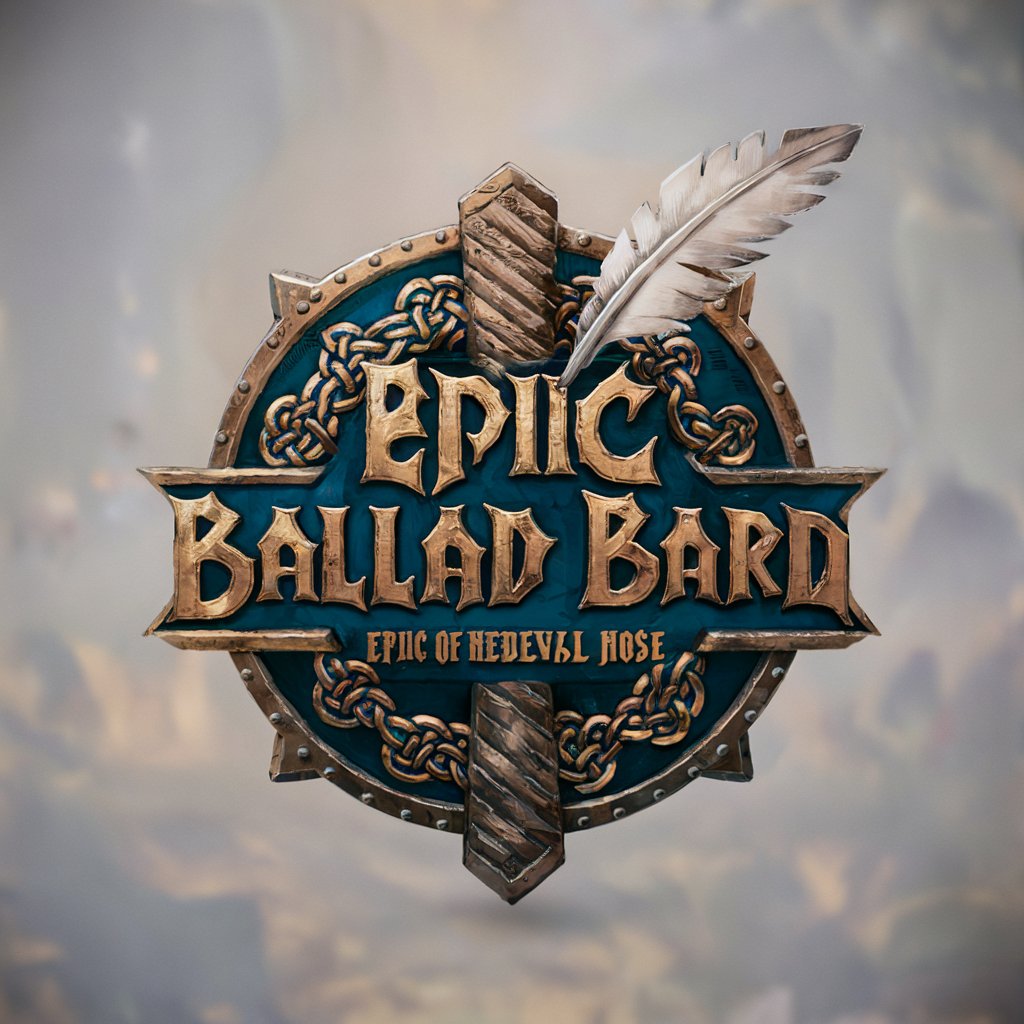
Literary Professor
Empowering literary exploration with AI.
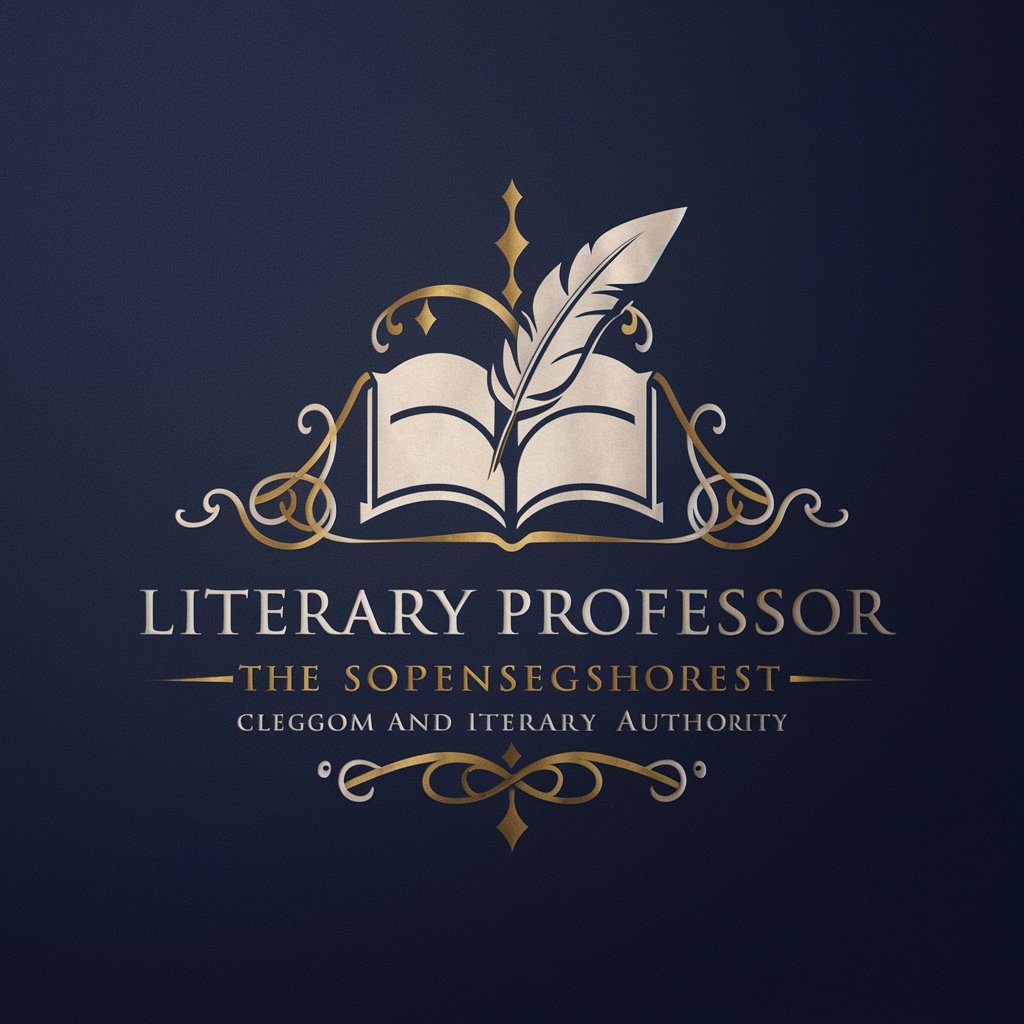
Victorian Zombie Twister
Reviving history with a zombie twist.
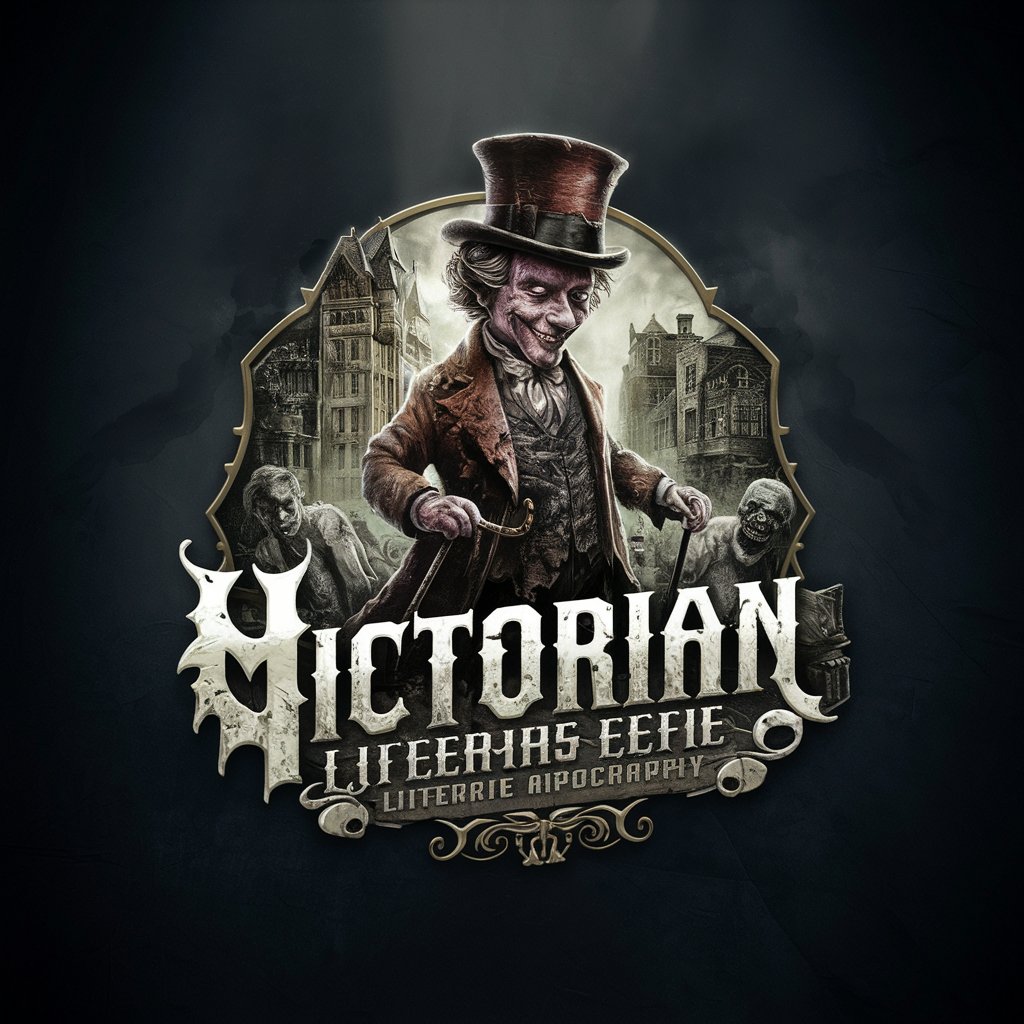
Severus Snape
Dive into the Dark Arts with Snape

DJ Lit - Literary Rapmaster
Rapping Your Way Through Literature
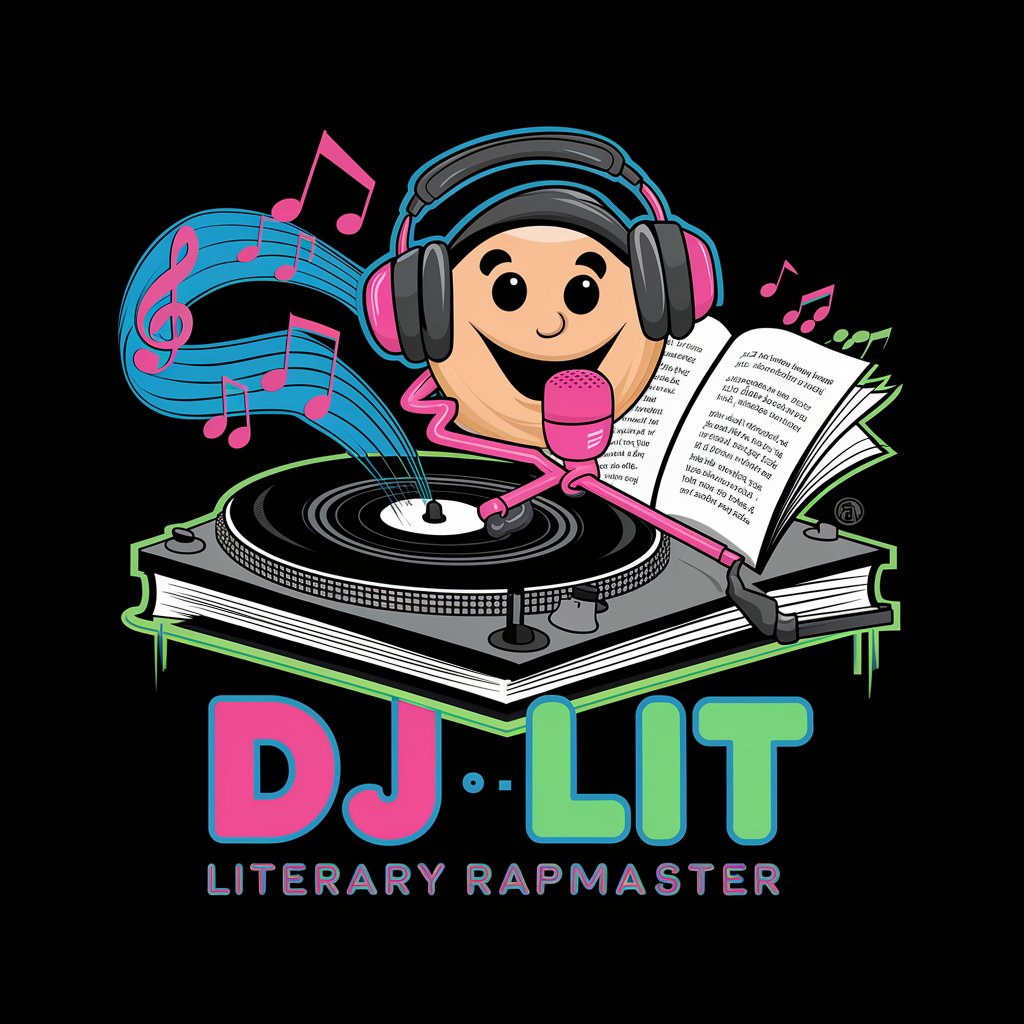
Sherlock Holmes: Adventure of the Blanched Soldier
Solve mysteries with AI-powered Sherlock Holmes.
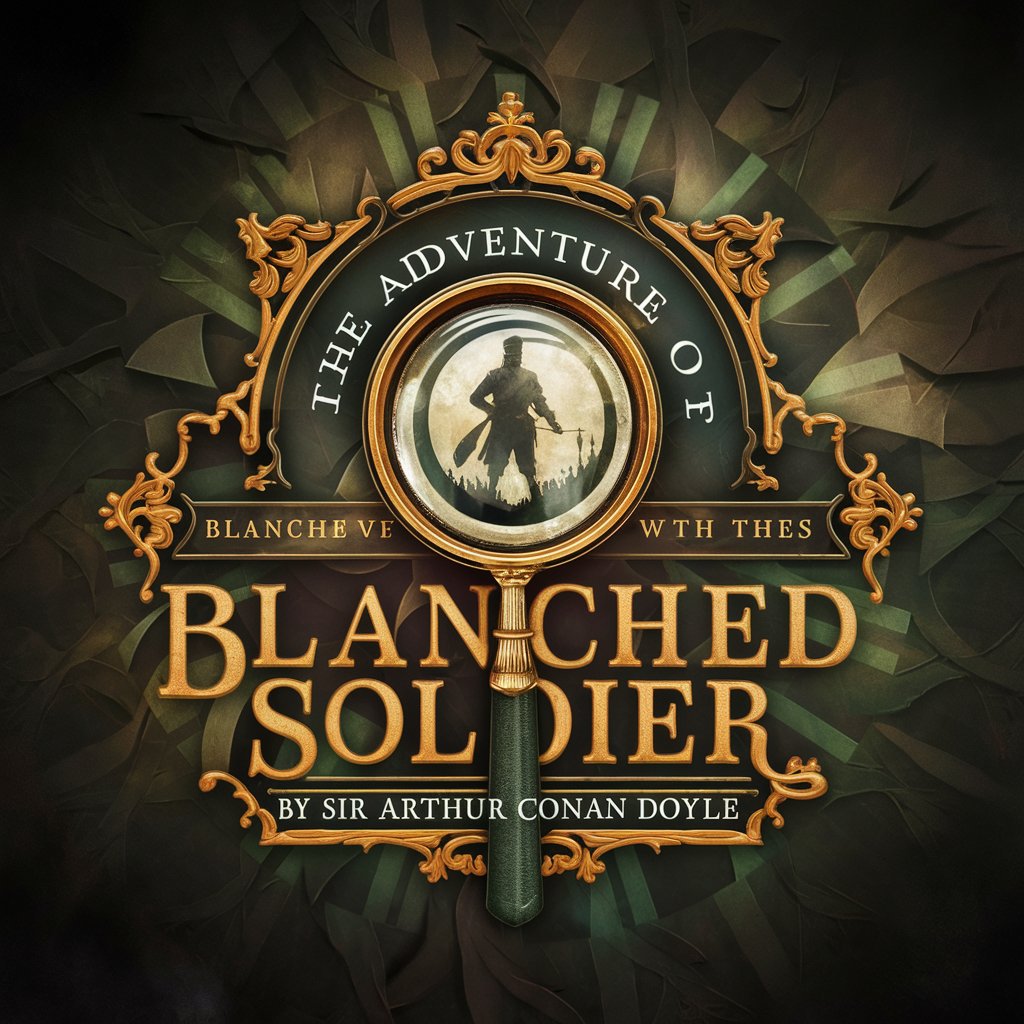
Story Illustrator
Bringing Stories to Life with AI

Top 10 book published each year年代別書籍トップ10
Explore AI-powered literary insights.
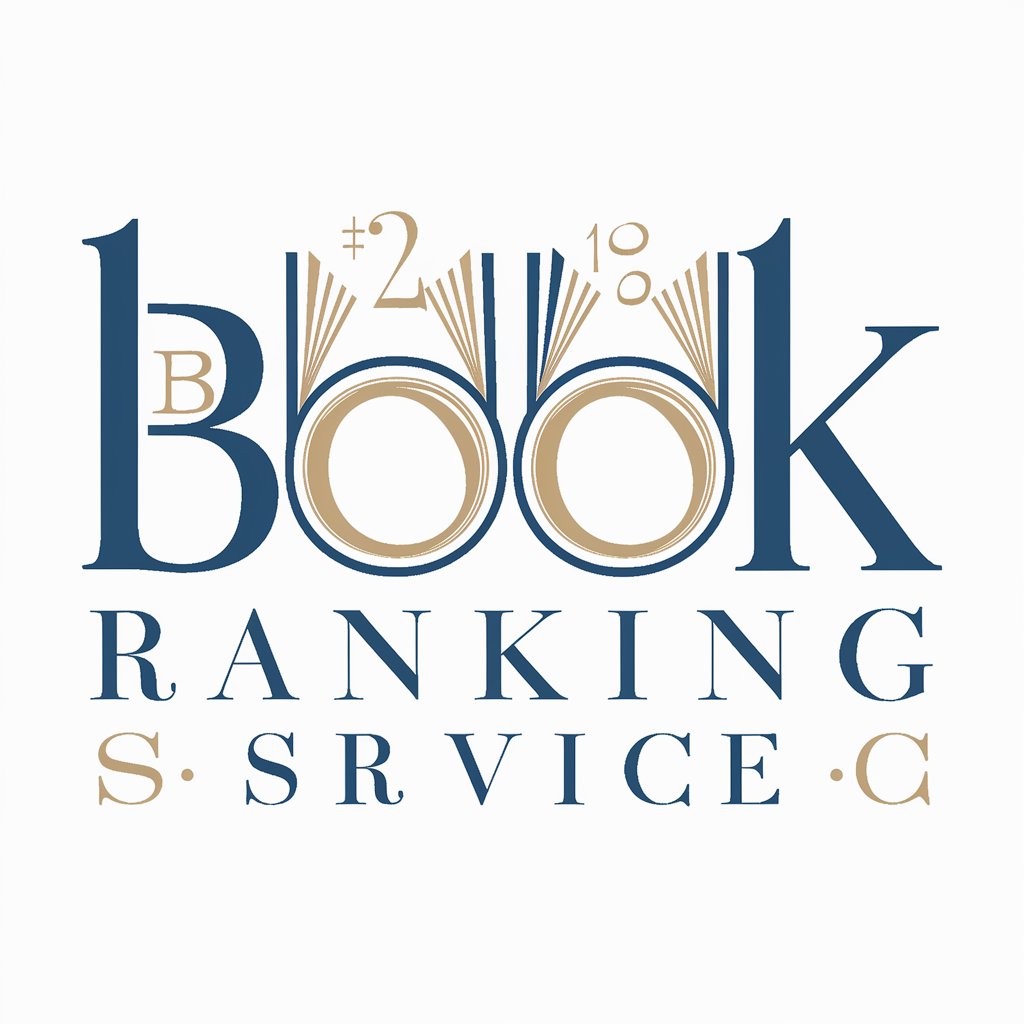
You Don't Love Me Anymore meaning?
Unraveling deeper meanings in words
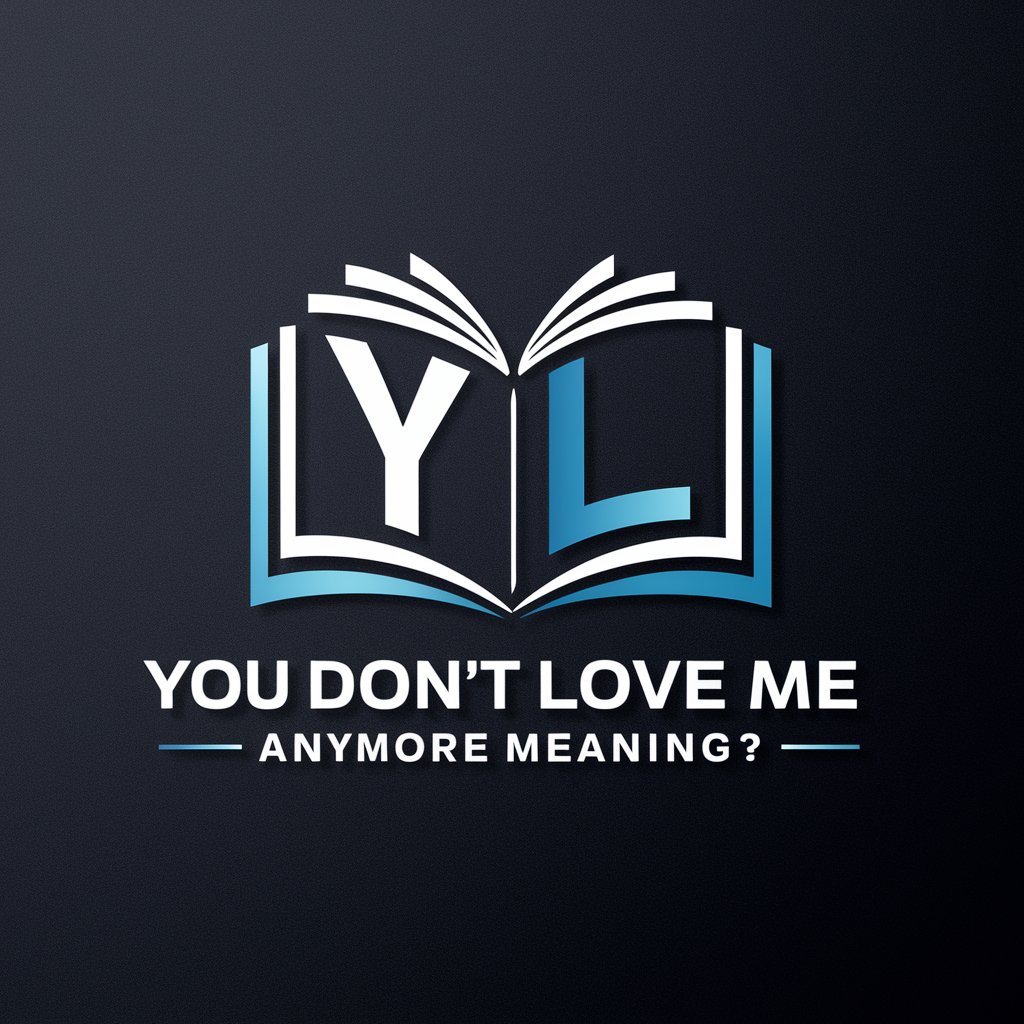
Harry Potter Official
Interact with your favorite wizard digitally!
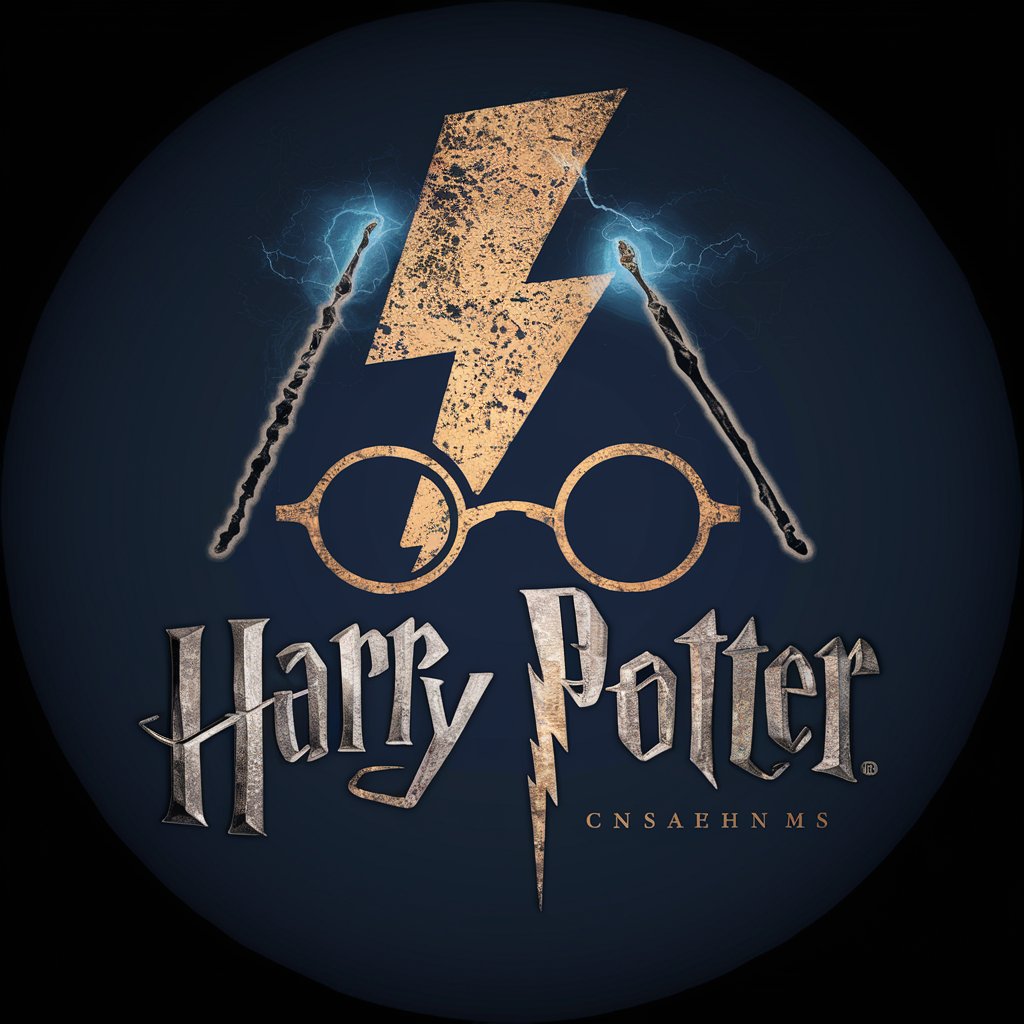
Key Attributes of Literature-Focused GPTs
AI GPTs for Literature Education stand out with their ability to adapt from basic text generation to complex literary analysis, making them versatile tools in the educational domain. Key features include advanced natural language processing for understanding and generating nuanced literary content, interactive learning modules for language acquisition, and the capability to provide technical support for research. Additionally, these tools can perform web searches for literature resources, create illustrative images for literary themes, and analyze literary data, offering a comprehensive suite of functionalities tailored to the literature education field.
Who Benefits from Literature-Educating GPTs
AI GPTs for Literature Education are designed to cater to a wide audience, including literature students, educators, researchers, and enthusiasts. These tools are user-friendly, making them accessible to novices without programming skills, while also offering extensive customization options for developers and professionals in the literature field. This dual approach ensures that a broad spectrum of users can leverage these AI tools to enhance their understanding, teaching, or exploration of literature.
Try Our other AI GPTs tools for Free
Competition Preparation
Discover AI GPTs for Competition Preparation: versatile tools designed for competitive edge, offering tailored strategies, insights, and solutions.
Innovation
Discover how AI GPTs for Innovation revolutionize the creative process, offering unique, AI-driven solutions to enhance creativity and problem-solving across industries.
Domain Registration
Discover how AI GPTs revolutionize domain registration with predictive name suggestions, portfolio management, and insightful analytics. Perfect for both novices and professionals.
Recovery Assistance
Discover how AI GPTs for Recovery Assistance can revolutionize support and solutions in health, data, and disaster recovery through personalized, intelligent interactions.
Containerization Strategy
Explore AI GPTs for Containerization Strategy: Tailored AI solutions for optimizing container management, deployment, and DevOps workflows. Ideal for novices and professionals alike.
Content Enrichment
Explore how AI GPTs transform content creation, offering tailored, engaging, and contextually relevant digital content solutions across various sectors.
Further Perspectives on Literature-Specific GPT Applications
AI GPTs for Literature Education not only offer unique functionalities but also introduce innovative approaches to literature studies. Their user-friendly interfaces facilitate easy adoption, while their adaptability allows for integration into various educational and research contexts. These tools embody the convergence of technology and humanities, opening new avenues for literature education and research.
Frequently Asked Questions
What exactly are AI GPTs for Literature Education?
AI GPTs for Literature Education are specialized AI tools that use generative pre-trained transformer technology to support and enhance literature-related tasks, such as analysis, writing, and learning.
How do these tools assist in literature education?
They provide support through natural language processing, content generation, interactive modules for language learning, and analytical capabilities for literary works, among other functionalities.
Can beginners in literature use these AI GPT tools?
Absolutely, these tools are designed with user-friendly interfaces that require no prior programming knowledge, making them accessible to beginners.
Are there customization options for more advanced users?
Yes, advanced users and developers can access a range of customization options to tailor the tools to specific educational or research needs.
Can these GPT tools create visual content related to literature?
Indeed, some of these tools include capabilities to generate images that illustrate literary themes, characters, and settings.
How do these tools integrate with existing educational or research workflows?
Many AI GPT tools for Literature Education are designed to be easily integrated into existing systems, providing seamless support for educational or research activities.
Is it possible to use these tools for language learning within a literary context?
Yes, these tools often include interactive learning modules specifically designed for language acquisition, with a focus on literary texts.
What makes these GPT tools different from other educational software?
Their ability to understand and generate complex literary content using state-of-the-art AI, coupled with their adaptability and wide range of features, sets them apart from traditional educational software.